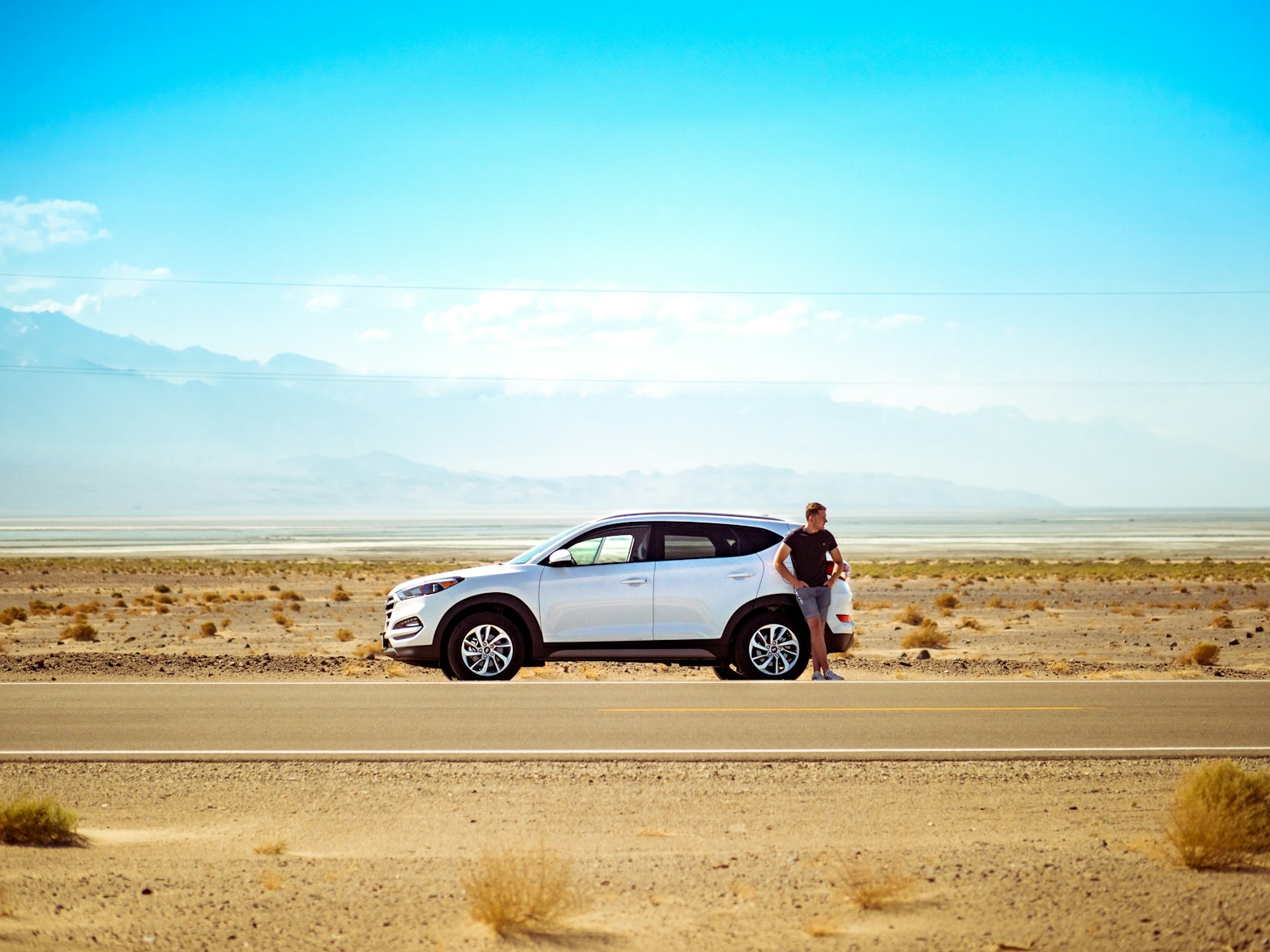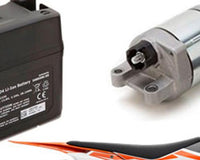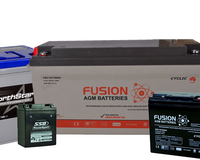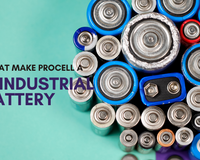There’s no situation quite as frustrating than when that bloody car battery fails on you. If your auto battery keeps on letting you down, don't splash out on a new one just yet, as it may be due to your habits on the road and how you operate your vehicle.
We’ve compiled a list on how you can ensure you get the most of your car’s battery.
Car headlamps are one of the biggest battery drainers. Often people will leave their lights on by accident after getting home, so the battery ends up running all night long. Luckily most modern cars have a feature that lets you know if your lights are left on (it comes in the form of a high pitched “beeeeeeep” tone). The same goes for interior lights too, make sure all the doors are fully closed when you leave the car.
Secondly, removing all unnecessary applications could be the key to saving your car battery. Things like GPS, phone chargers and DVD players (not that we use those anymore) are all things that place a parasitic drain on your car’s battery. While most batteries in newer car models are designed to handle this equipment, if you drive an older vehicle you may be harming your cars battery life. You might just have to go a few trips without blasting Eminem’s “Without Me” off Spotify.
Voltage testing is also a helpful way of troubleshooting your battery. And it’s really easy to do. First, you’ll need a multimeter. Then what you do is place the black multimeter lead on the negative battery cable and the red lead on the positive one. Your battery has a good charge if the reading is 12.45 V or higher.
If the reading is lower, fully charge the battery and then have a load test done to determine if it can hold its charge (almost all mechanics will do this for free). This test will determine if you need a new battery or not.
If your car uses an unsealed lead-acid battery, testing the acid level and refilling the battery with distilled water if necessary is a natural next step. Low water levels will ultimately cause battery failure.
Lastly, inspect the battery connections. In some cases, the cables have simply loosened meaning the power can’t be properly delivered to the car. Other times, the terminals are rusted and corroded. Corrosion to connectors and cables can prevent the starter from drawing energy from the battery, resulting in failure. In order to clean off corrosion, you simply need to make a baking soda and water solution and using a wire brush to scrub it off.
If none of these tips help you, speak to your mechanic. And if it turns out you need a new battery, we’re happy to help you, just call us on 03 9770 8235 or visit batteryspecialists.com.au.









